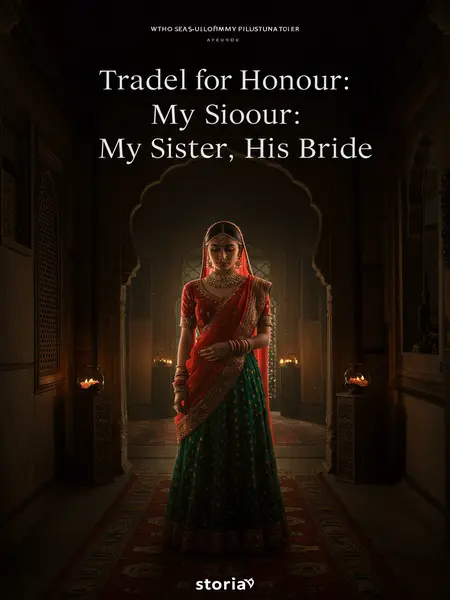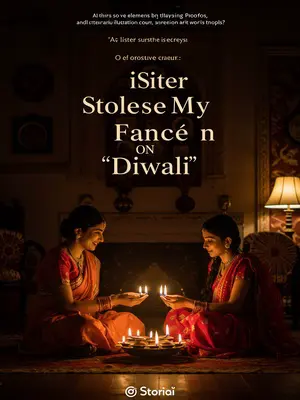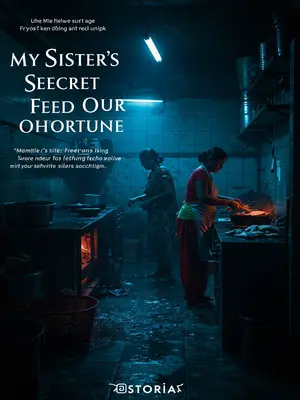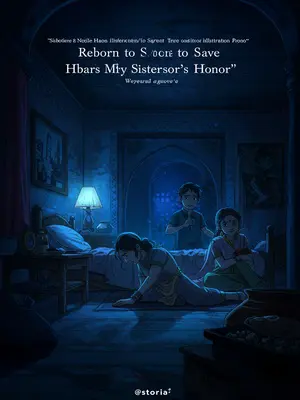Chapter 5: Breaking the Chains
Rohan sneered. “Stop talking nonsense. You’ve already given your chastity to me. Who else could you possibly marry but me?”
He was desperate now, clinging to his last shred of power. But I was no longer the naïve girl he could manipulate.
I ignored him and knelt before Maa’s photo, bowing my head, seeking strength from her memory. He kicked away the cushion, trying to pull at my clothes and scold me, but I held my ground, my resolve unbroken.
But when he saw the tears streaming down my face, he stopped. Something in my tears must have touched him, for he hesitated, his hand falling limply to his side. Perhaps, for a moment, he remembered the girl he once claimed to love.
After Maa passed away, Papa never remarried, keeping only a few relatives and distant aunts in the house. Our home was quiet, the laughter of children replaced by the soft murmur of elders. Papa devoted himself to me, preserving Maa’s memory in every corner.
The governess who taught me was specially requested from a well-known family by Papa. She was strict but fair, teaching me Sanskrit shlokas and English poems with equal patience. “Beta, tears are a sign of weakness. A woman must be strong, for the world will not be kind.” I remembered her words now, willing myself to be strong.
So, I never cried in front of Rohan. Until now. My tears were silent, but they spoke volumes. For the first time, I let him see my pain, my vulnerability.
In the past, Rohan and I would arrange to meet—childhood betrothed, playmates. No one objected if we admired flowers or listened to music together. Relatives would say, “Wah, Ram-Sita, made for each other.” Neighbours would smile knowingly at Maa.
But several times, not long after we met, Meera would walk by in tears. Her presence cast a shadow over our happiness. Rohan’s gaze would fall on her. Even as he held my hand, his heart was elsewhere. Now I saw how I was only ever a distraction, a stand-in for the love he truly wanted.
I remembered a story Maa once told me, about women in our family who survived worse—who lost everything and still rebuilt their lives. Their courage gave me a sliver of hope, a reminder that resilience runs in my blood.
As the first morning light crept across the marble floor, I squeezed Maa’s sari and whispered, “No more, Maa. I will live for myself now.”
Outside, the city was already waking—pressure cookers hissing, vendors calling out, and the world turning again. I was no longer the girl who waited for someone else to decide her fate.
And as I stood, wiping my tears, I felt something unfamiliar—a quiet, stubborn hope blooming inside me.
My story was just beginning.













